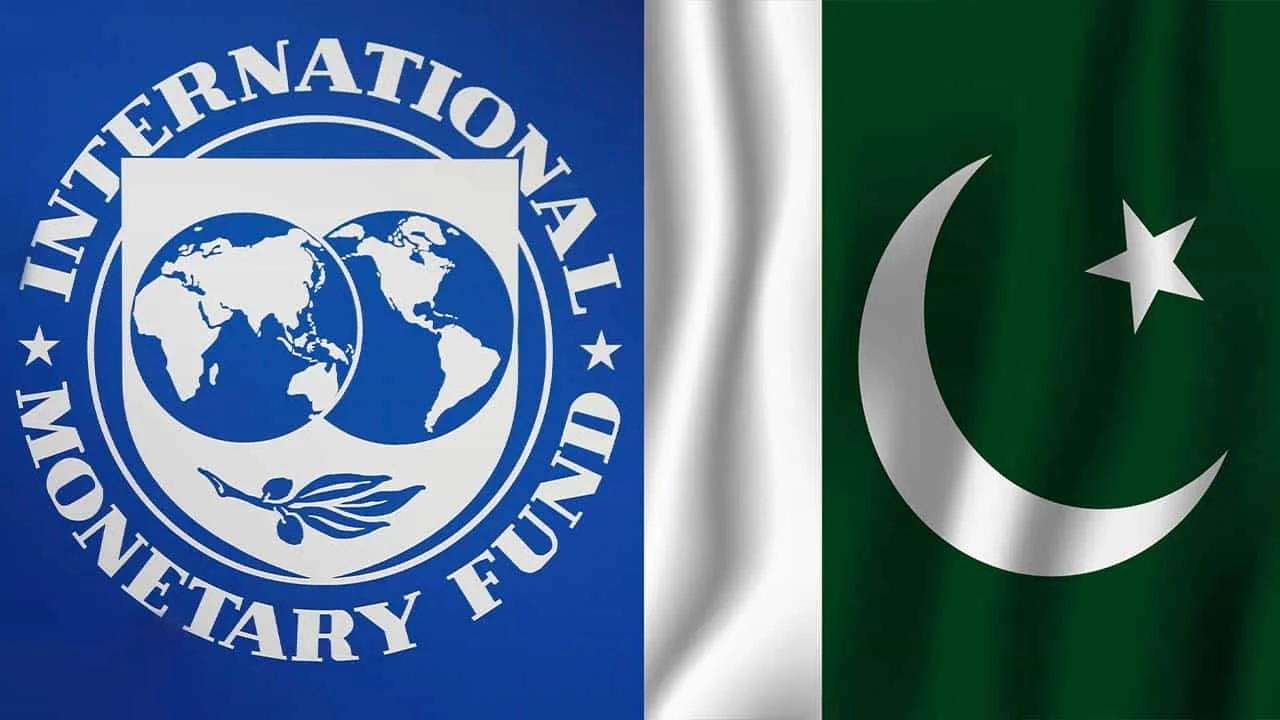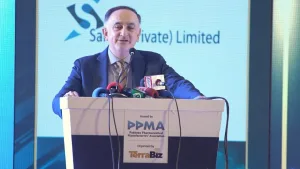The International Monetary Fund (IMF) Executive Board has concluded the 2024 Article IV consultation with Pakistan and approved a 37-month Extended Fund Facility (EFF) worth SDR 5,320 million (approximately US$7 billion). As part of this arrangement, an immediate disbursement of SDR 760 million (about US$1 billion) will be made to Pakistan. This new program is aimed at supporting the government’s ongoing efforts to stabilize the economy, address deep structural issues, and pave the way for more inclusive and resilient growth.
The program’s success will require sound policies, financial reforms, and strong support from Pakistan’s development partners. The IMF emphasized the need for consistent implementation of fiscal, monetary, and structural reforms to achieve sustainable growth and improve macroeconomic stability.
Progress and Challenges
Pakistan has made significant progress under the 2023-24 Stand-by Arrangement (SBA), with growth rebounding to 2.4% in FY24, driven by improved agricultural activity. Inflation has also dropped to single digits, aided by tight fiscal and monetary policies. The current account deficit has been contained, and the foreign exchange market has stabilized, allowing Pakistan to rebuild its foreign reserves.
However, Pakistan still faces significant challenges, including a difficult business environment, weak governance, and a narrow tax base. Investment levels remain low, and spending on essential sectors like health and education has been inadequate to meet the country’s social and development needs. Furthermore, climate change impacts and poor infrastructure continue to hamper economic potential.
Priorities Under the New Program
Under the EFF-supported program, the government aims to achieve several key priorities:
- Macroeconomic Stability: Rebuilding credibility in policymaking by implementing consistent fiscal and monetary policies and broadening the tax base.
- Structural Reforms: Promoting competition, raising productivity, and improving the business environment by reducing state-led distortions and leveling the playing field for private enterprises.
- Reforming SOEs: Enhancing public service delivery by reforming state-owned enterprises (SOEs), improving the energy sector, and advancing privatization efforts.
- Climate Resilience: Strengthening Pakistan’s ability to deal with climate change by implementing the C-PIMA Action Plan and boosting climate adaptation investments.
Deputy Managing Director Kenji Okamura highlighted the importance of these efforts, stating that despite Pakistan’s recent progress, continued reforms are essential to address longstanding vulnerabilities and ensure sustainable growth.
Key Measures Moving Forward
The IMF also stressed the need for fiscal consolidation in the FY25 budget and beyond. This includes increasing revenue through broadening the tax base and removing sector-specific exemptions. By enhancing tax fairness and efficiency, the government can create room for essential investments in human capital, infrastructure, and social services. Additionally, reforms in the energy sector, including timely tariff adjustments and cost-based reforms, are critical to securing long-term viability.
The State Bank of Pakistan (SBP) has managed to cut the policy rate by 450 basis points, given the reduction in inflation and improvement in external conditions. The IMF emphasized that the FX reserve buildup should continue, supported by the EFF program, and that the exchange rate should act as a buffer to external shocks.
The Road Ahead
Moving away from a state-led growth model and embracing private sector-led growth will be crucial for Pakistan’s long-term prosperity. Reforms to state-owned enterprises, governance, and the business environment are key to reversing declining living standards. Building resilience against climate change and promoting sustainable investments in infrastructure will further boost Pakistan’s economic prospects.
The IMF will continue working closely with Pakistan to monitor the implementation of these reforms and provide necessary support to achieve the program’s objectives.
IMF #PakistanEconomy #MacroeconomicStability #StructuralReforms #FiscalConsolidation #TaxBase #SOEReform #EnergySector #ClimateResilience #PakistansFuture #EFF #PakistanIMF




+ There are no comments
Add yours